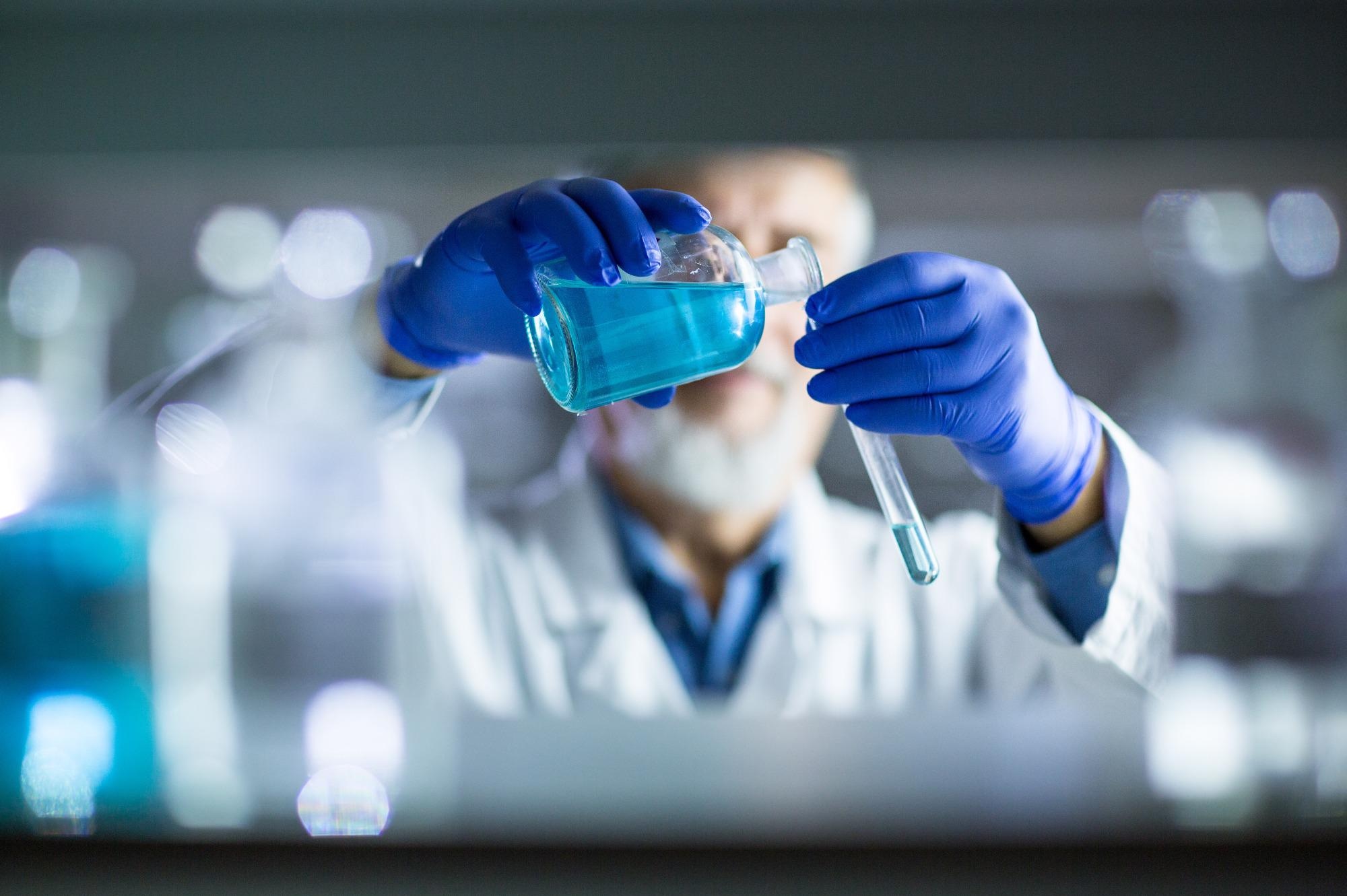Prof. Wen Dai of the Chinese Academy of Sciences’ Dalian Institute of Chemical Physics (DICP) developed a new method for the heterogeneous catalytic successive cleavage and functionalization of C–C bonds in alcohols in cooperation with Associate Prof. Zehui Zhang of South-Central University for Nationalities.

Image Credit: Shutterstock.com/ l i g h t p o e t
On March 25th, 2020, their findings were published in the journal Chem.
The oxidative cleavage and functionalization of C–C bonds in alcohols have served as an effective tool for the conversion of alcohols to a range of value-added chemicals, given that alcohols may be widely obtained from both fossil resources and naturally renewable biomass.
Indeed, certain homogeneous catalytic systems for the cleavage and functionalization of alcohols have been extensively developed in recent decades. Most of these reaction classes are still limited by an over-reliance on stoichiometric and ecologically unfriendly oxidants, a substantial excess of a strong base and/or a high loading of precious metal catalysts.
The researchers devised a unique and efficient approach for the direct synthesis of amides using oxygen as an environmentally friendly oxidant and ammonia as a nitrogen supply via heterogeneous manganese oxide catalyzed sequential cleavage and amidation of C-C bonds in alcohols.
Researchers discovered that a wide range of primary and secondary alcohols, 1,2-diols, and even lignin model compounds like β-O-4 and β-1 could smoothly undergo C–C bond cleavage to give one- or multiple-carbon shorter amides. Furthermore, by slightly altering the reaction conditions, alcohols might be cleaved and cyanated to get access to sterically hindered nitriles.
This procedure has a wide substrate scope, strong functional-group tolerance, easy scalability, a cost-effective and recyclable catalyst and uses easily accessible starting ingredients. It is used for late-stage amidation and cyanation of bioactive alcohols, making it a quick and easy technique to make natural product derivatives for drug development and chemical biology.
Therefore, this method not only complements existing protocols for transformations of alcohols but also expands the new application of the abundant fossil resources and renewable biomass.
Professor Wen Dai, Dalian Institute of Chemical Physics, Chinese Academy of Sciences
The National Natural Science Foundation of China-funded the research.
Journal Reference:
He, P., et al. (2022) Heterogeneous manganese-oxide-catalyzed successive cleavage and functionalization of alcohols to access amides and nitriles. Chem. doi.org/10.1016/j.chempr.2022.02.021.